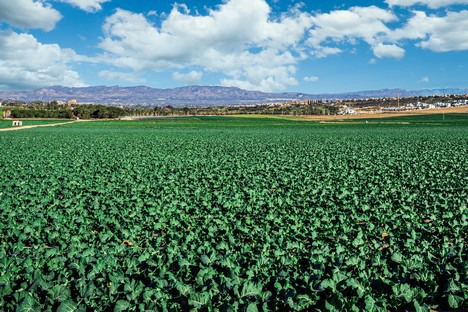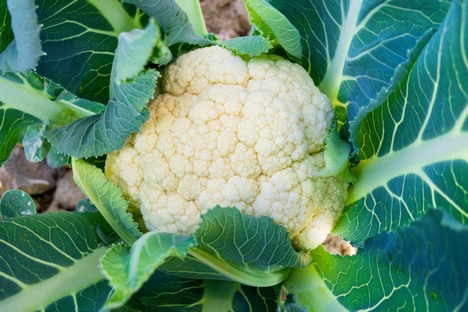There continues to be a shortage of vegetables on the shelves of European supermarkets due to the cold weather in Spain and Italy, although the situation could begin to go back to normal from the end of next week. Brassicas and leafy vegetables have seen their production drop the most.

"There's only about 30% of the usual supply of broccoli and iceberg lettuce for this time of year, while that of spinach barely reaches 10%," says Jesús Pérez, commercial director of the Murcian company Verdimed. Although Italy's production is much lower than Spain's in terms of volume, the cold weather has also reduced the production there, and France only has limited quantities of broccoli and cauliflower, so there's a significant supply gap across Europe."
This situation coincides with one of the peak consumption periods for this type of produce. "This is usually one of the best sales periods for us, but over the last two weeks we have had problems, like the rest of the sector, to be able to meet all the demand, and this has put us under a lot of pressure. Although almost all of our production is planned ahead with our customers before the planting, situations like this cannot be completely foreseen, despite the fact that we always grow some extra in case of setbacks due to inclement weather," said Jesús Pérez.
"This was the main topic of conversation in all of the sector's stands at the recent Fruit Logistica fair in Berlin, but it is worth mentioning how understanding most of the customers were, showing gratitude for the kilos we were able to supply them. Also, the supermarkets have had to change their weight specifications. While a piece of iceberg lettuce is normally expected to weigh 500 g, this time they have accepted 300 g pieces to be able to have a supply of the product," he said.

The prices of all products have been skyrocketing in the face of such limited production. According to Verdimed's commercial director, "some products have seen their demand shrink due to these price increases. Such is the case of cauliflower. In the case of iceberg lettuce, supermarkets, in general, have sought to stock up regardless of the price, since it is a commodity product. In general, due to the situation caused by inflation, European consumers have been paying more attention to the prices of the products in their basket, as reflected in their purchasing behavior."
"At the moment, Egyptian iceberg lettuce is starting to arrive on the Dutch market, although it has taken some time for buyers to be able to find this alternative. In the next few days, temperatures will start to rise, so the situation could start to go back to normal by the end of next week, but we are not sure when we can be sure to have the usual quantities again."
The company produces and sells around 15,000 tons of vegetables per season, which are mainly intended for European markets, although it also ships to more distant destinations, such as Canada and the Middle East. It is currently in the middle of negotiations to increase its presence in the Middle East.
 For more information:
For more information:
Jesús Pérez
Verdimed
Pol.Ind. Los Urreas, s/n
30730 San Javier. Murcia. Spain
T: +34 968 19 02 38
M: +34 690 627 574
jperez@verdimed.com
www.verdimed.com
